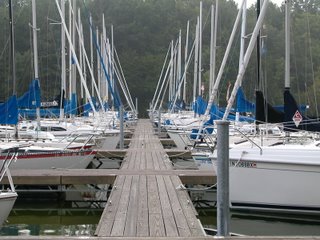Guest Post from Jolene Ketzenberger

Jolene Ketzenberger of the Indianapolis star had this to say about beef. I liked the article which helps reinforce my lifestyle of a semi-retired, part time only when I sleep,full time vegan. No I am not a vegan but I am pretty handy when it comes to copy and paste. Next task, find a suitable photo for this post. Kind Regards JW
Below these collection of words is the article.
What could be better for a special occasion than steak? Whether for a backyard barbecue or a restaurant celebration, the classic cut of beef remains one of America's favorite entrees.
At Joseph Decuis restaurant in the small northeastern Indiana town of Roanoke, owners Pete and Alice Eshelman feature American-style Kobe beef, the highly regarded Japanese breed called Wagyu. In fact, they have their own herd.
Advertisement
"One of our chefs got some through a distributor, and we tasted it, and it tasted incredible," said Pete Eshelman.
Although already running an award-winning restaurant, an inn and a specialty food and gift shop, the couple began researching Wagyu beef. After visiting other ranchers and consulting with Japanese experts, in 2004 the Eshelmans launched the cattle operation on land six miles from the restaurant. The couple's Heritage Farm also supplies the restaurant with eggs and fresh produce.
"We started off with 20 pregnant heifers, which was my 50th birthday present," said Alice Eshelman.
Considerable mystique surrounds Kobe beef, which has been widely available in the United States only since the 1990s. True Kobe comes only from the Hyogo prefecture in Japan; however, the Wagyu breed is being successfully raised in the United States and Australia, using Japanese methods and breeding stock.
What has come to be called American Wagyu is typically a cross between Japanese Wagyu and black or red Angus.
American Wagyu steaks often cost more than $50 a pound; a 6-ounce fillet from Joseph Decuis is more than $40. At the much ballyhooed Kobe Club in New York City, an 8-ounce American Wagyu fillet is $85. A Kobe sampler for two costs $395.
Why such high prices? There is a limited supply, for one thing. Plus, more time and effort goes into raising the specialty beef, though perhaps not as much as popularly thought. While they are fed a special diet and do require a longer raising time before slaughter, stories of their special treatment are much exaggerated, said Alice Eshelman.
"They really are not fed beer," she said.
The Eshelmans' Wagyu cattle are started in the pasture, then are fed a special diet of hay, corn and distillers' grain (the mash left over from making beer). The docile cattle, which are fattened longer than typical U.S. cattle, weigh less than typical cattle but develop fat in and around their muscles.
Joseph Decuis executive chef Aaron Butts said that intramuscular marbling is like "internal basting."
The extra-tender beef has a buttery mouth feel, he said. "It's got a great beef flavor accented by that melt-in-your-mouth quality."

